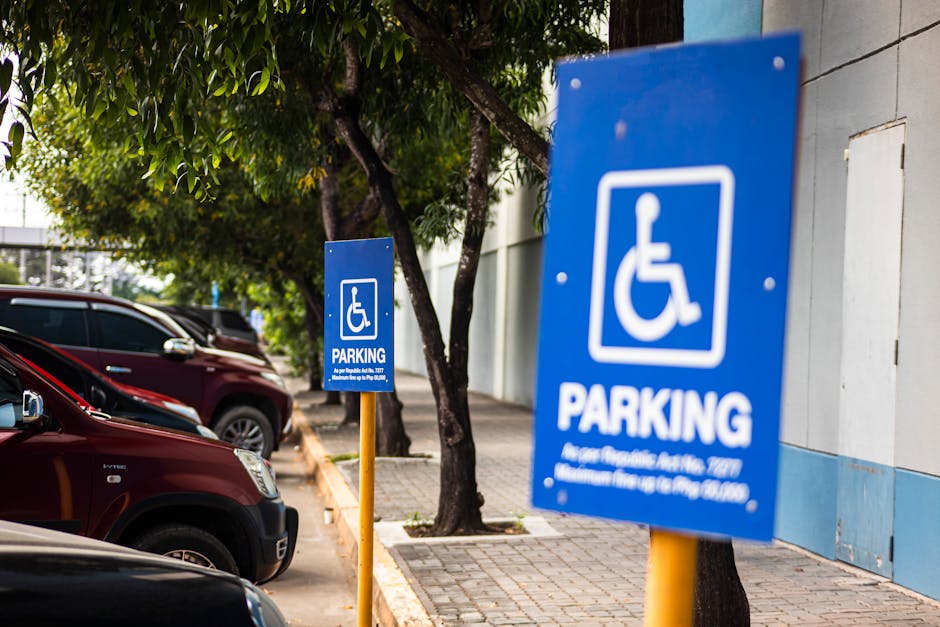State-Specific Laws and Regulations for Car Rentals

Renting a car can be a convenient and flexible way to travel, but understanding the various state-specific laws and regulations is essential for a smooth experience. These regulations can vary significantly from one state to another, affecting everything from insurance requirements to age restrictions. This guide explores these variations in detail, offering valuable insights for consumers.
Insurance Requirements
One of the most critical aspects of renting a car is understanding the insurance requirements, which differ from state to state. In some states, rental companies are required by law to include basic insurance coverage in the rental agreement. In contrast, other states leave it up to the renter to decide whether to purchase additional coverage.
For instance, in California, rental companies must provide minimal liability insurance coverage. However, this may not be sufficient for all drivers. Many renters opt for supplementary insurance packages to ensure they are fully covered in case of an accident.
In New York, renters have the option to purchase supplemental liability insurance directly from the rental agency. This optional coverage can protect against claims made by third parties for bodily injury or property damage.
It's crucial for renters to check their personal auto insurance policies and credit card benefits, as these may already offer some level of coverage for rental vehicles.
Age Restrictions
Age restrictions are another important factor that varies widely across states. While the minimum age to rent a car is typically 21, some states have different rules and may impose additional fees for younger drivers.
In Michigan and New York, for example, drivers as young as 18 can rent a car, but they often face higher daily charges due to increased risk factors associated with younger drivers. Rental companies in these states are allowed to charge an additional fee for drivers under 25.
Conversely, some states have stricter age requirements. In Nevada and Florida, most rental companies require renters to be at least 21 years old and impose a "young driver surcharge" on those under 25.
A few rental agencies also offer special programs aimed at younger drivers, so it's worth checking with individual companies for any available discounts or incentives.
Driver's License Requirements
The type of driver's license required for renting a car can also differ based on state regulations. Generally, a valid driver's license from any U.S. state or an international driver's permit (IDP) is sufficient for renting a vehicle.
In states like Texas and Arizona, foreign visitors must present both their home country license and an IDP if their original license is not in English. This ensures that the rental company can understand the terms and conditions on the license.
Some states also have specific requirements regarding temporary licenses or learner’s permits. For example, in Massachusetts, you cannot rent a car with a temporary or provisional license; a full valid license is required.
If you're planning to drive across state lines, it's crucial to understand that each state might have different rules about what constitutes a valid driver’s license.
Tolls and Fees
Toll roads are common in many states, and how these tolls are handled can vary depending on local regulations and the policies of individual rental companies. Some rental agencies offer toll passes that allow renters to use express lanes without stopping at toll booths.
In Florida, where toll roads are prevalent, most rental companies provide options for toll payment plans. These plans automatically charge your credit card for tolls incurred during the rental period.
California's extensive network of toll roads operates similarly. Renters can opt-in for electronic toll collection services provided by the rental company or pay tolls manually at designated points.
Avoiding unpaid tolls is crucial as failing to do so can result in hefty fines and administrative fees added to your final bill. Always clarify with your rental agency how tolls will be managed during your trip.
State-Specific Add-Ons
Certain states offer unique add-ons that may not be available elsewhere. These add-ons could include equipment rentals such as GPS units or child safety seats, as well as specific vehicle types suited for local driving conditions.
- California: Many agencies offer surfboard racks or convertibles suitable for coastal drives.
- Colorado: Snow chains and ski racks are commonly available during winter months.
- Texas: You might find pickups or SUVs designed for rugged terrain or hauling equipment.
Add-ons often come with additional fees but can significantly enhance your travel experience by providing convenience tailored to local needs.
| State | Minimum Rental Age | Insurance Requirement | Unique Add-Ons |
|---|---|---|---|
| California | 21 | Basic liability included | Surfboard racks |
| New York | 18 (with surcharge) | Optional supplemental insurance available | N/A |
| Florida | 21 (with surcharge) | No mandatory insurance requirement | Toll pass plans |
| Colorado | 21 (with surcharge) | No mandatory insurance requirement | Ski racks |
| Nevada | 21 (with surcharge) | No mandatory insurance requirement | < /td>SUV rentals
Citations and Violations
Citations and violations accrued while driving a rental car are treated differently depending on state laws. Speeding tickets, parking violations, and other infractions can lead to additional charges beyond the standard fines imposed by law enforcement agencies.
If you receive a traffic citation in California while driving a rental car, the ticket will typically be sent directly to the rental company, which will then charge your credit card on file along with an administrative fee. The same process applies in states like Texas and Florida.
Poor handling of violations can result in increased costs due to late fees or administrative charges imposed by the rental agency. It's advisable always to address any citations promptly either by paying fines directly or communicating with the relevant authorities if disputes arise.
Avoiding infractions is not only essential for maintaining your driving record but also helps keep additional costs down during your rental period.
Navigating state-specific laws and regulations when renting a car ensures smoother travels without unexpected complications. Key factors such as varying insurance requirements, age restrictions, license prerequisites, toll handling options, unique add-ons tailored to local conditions, and managing citations should be well-understood beforehand. Staying informed helps you make better decisions and enhances overall travel experiences while minimizing potential hassles associated with rentals across different states.
